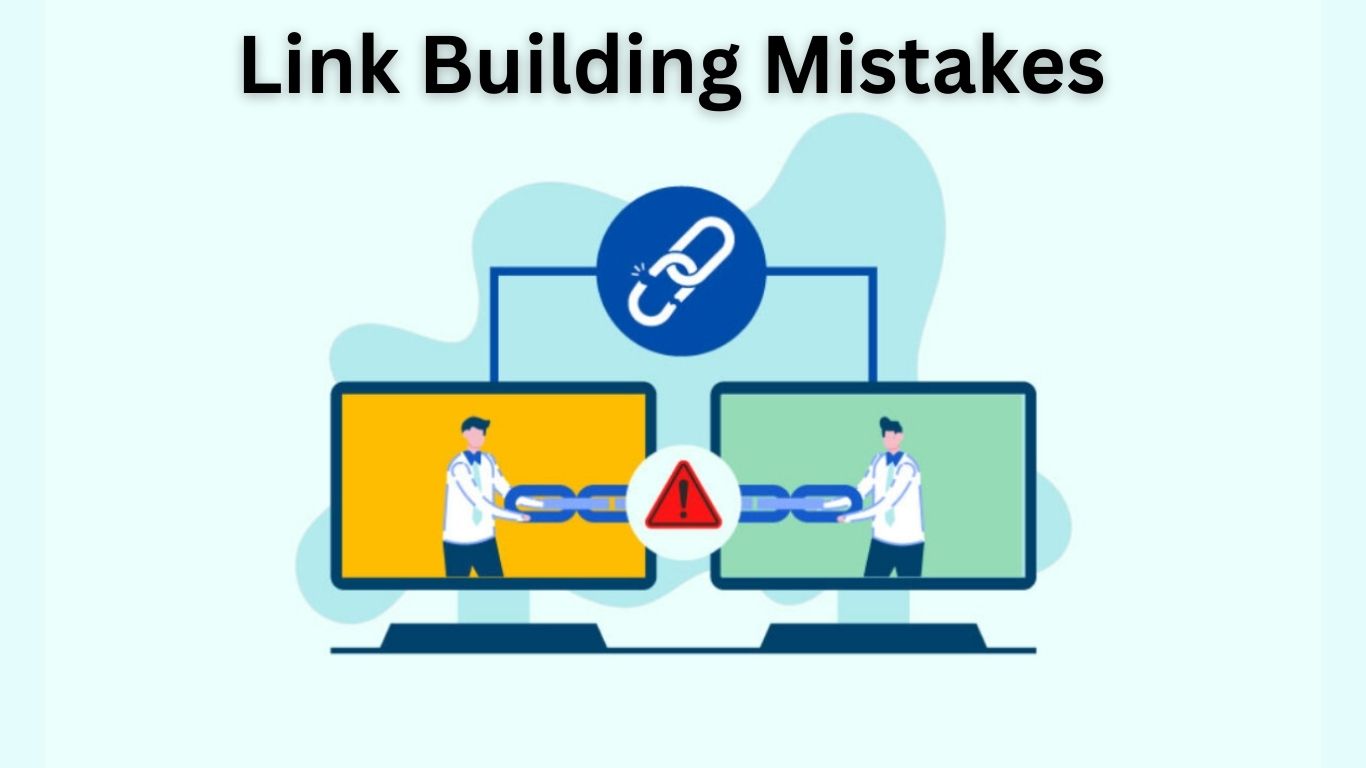
SEO—search engine optimization—is all about increasing the quantity and quality of visitors arriving at your site through free, organic search engine listings. There are over 1.5 billion sites on the internet now, so being heard is critical—and good link building is a big part of that. Done correctly, it earns the respect of search engines, other websites, and your visitors—but do it wrong, and it will destroy your ranking.
Guest Post For You
Here are seven common errors to avoid:
1. Using Anchor Text Without a Target Keyword
Anchor text plays a pivotal role in signaling relevance to search engines. If your backlink only displays your brand name and not a targeted keyword, you’re missing an opportunity to improve rankings. When possible, use meaningful keywords in the anchor text while still maintaining natural flow.
2. Over-Reliance on Duplicate Anchor Text
Using the same anchor text over and over again, keyword-oriented though it is, will birth spam filters and prompt search engines to raise an eyebrow. To avoid this pitfall, mix your anchor words—use long-tail variations, descriptive terms, or generic text to keep your link profile looking natural and diverse.
3. Over-Dependence on Ineffective Link-Building Services
Not all SEO companies are made alike. Some use low-domain quality content, spammy content, or manipulative methods that can boomerang. Choose those with a proven track record who offer high-quality backlinks from powerful, relevant sites.
4. Using Only High-PR Sites
Though high-authority links are good, having only those and no low-authority links will appear suspicious to search engines. Having a diverse anchor profile that has different levels of domains is more natural and helpful.
5. Producing Low-Quality Content
Backlinking works best when complemented with content that individuals will actually pass around. Flat, boring content—duplicated, specifically, will not receive natural links. Invest in original, quality posts, photos, or videos that are valuable to readers.
6. Acquiring Irrelevant Backlinks
Irrelevant backlinks will hurt your ranking. Always pursue backlinks from relevant websites directly—you are getting the relevance point here. For example, a finance services website getting backlinks from a game blog will automatically lead to bad engagement and lower authority.
7. Not Taking On-Page Relevance into Account
Search engines don’t care about links—they judge if the content surrounding the links is relevant or not. Irrelevant backlinks placed randomly can lead to a link scheme. Keep your backlinks visible in quality-related pages.
Conclusion
Link building is essential to SEO—but only if you do it strategically. By steering clear of these missteps, you’ll build a stronger, more credible backlink profile and see real improvements in search rankings. Let me know if you’d like this rewritten with SEO enhancements (like meta tags or keyword focus) or tailored for publishing!
